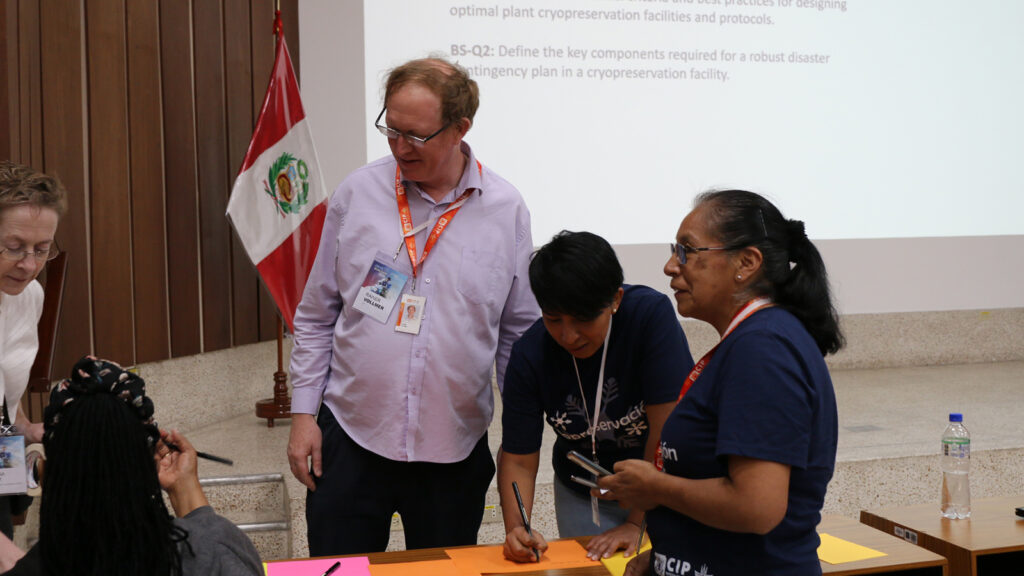Share to:
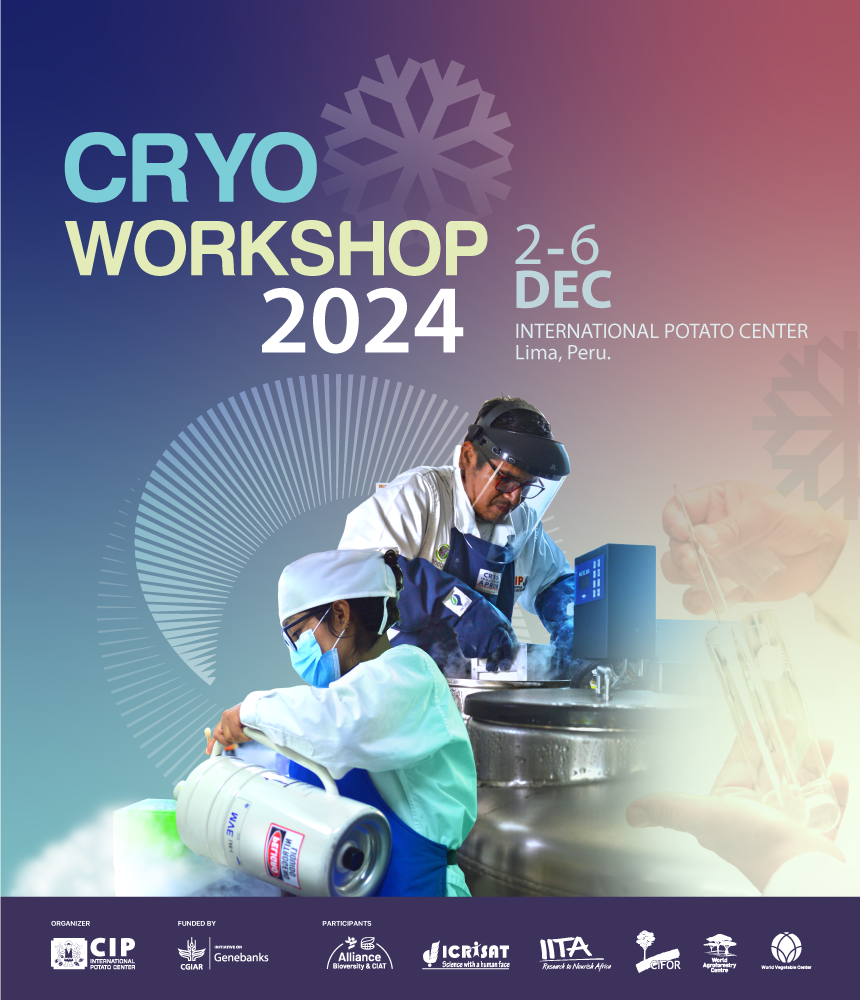
CGIAR Cryo-workshop
As natural habitats continue to be degraded, ex-situ conservation and cryopreservation will be essential tools to maintain the genetic diversity needed to support the resilience of ecosystems in the face of the mounting pressures posed by climate change. Cryopreservation allows for the long-term storage of plant material and other biological samples, while requiring minimal maintenance and space – making it a highly efficient, economical, and versatile tool for preserving biodiversity on a large scale as climate change and habitat loss threaten many species. The ability to recover cryopreserved organisms and reintroduce their genetic resources back into the field or wild provides a valuable safeguard against extinction and supports broader ecosystem resilience.
The CGIAR’s clonal genebanks have amassed substantial experience in cryopreservation, to the extent that they currently house more than 7,000 accessions in their cryobanks (at -196°C), forming the largest cryobank for clonally propagated crops globally at the system level. Beyond clonal crops, cryopreservation offers an excellent alternative for the long-term conservation of recalcitrant, intermediate, and short-lived seeds. Additionally, the cryopreservation of orthodox seeds is feasible for long-term safety backups and reduces the need for seed regeneration over time.
In this context, the International Potato Center (CIP) is organizing a workshop to further develop and strengthen the role of CGIAR cryobanks in conserving important Plant Genetic Resources. The workshop, titled “The CGIAR Cryobanks – Efficient Ex Situ Conservation for the Decades and Centuries to Come” has the following objectives:
- Exchange expertise and knowledge on cryopreservation between CGIAR centers (Theory and Practice)
- Provide updates on the status of each CGIAR genebank and cryobank
- Discuss operational guidelines, principles, strengths, weaknesses, and challenges of the CGIAR cryobanks
- Identify priorities for cryopreservation research
- Explore the possibility of extending cryopreservation to other crops/species and structures (recalcitrant, intermediate, and orthodox seeds, pollen)
- Discuss critical aspects of cryobanks, such as information and quality management systems, funding, liquid nitrogen supply, safety backups (national and international), health and safety standards, process optimization, capacity building, etc.
- Set annual objectives for 2030 (by center and year), look for synergies and cross-cutting activities and discuss future collaborations between the CGIAR cryobanks and with external partners

Hugo Campos
International Potato Center
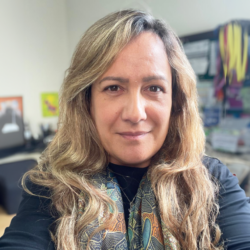
Vania Azevedo
International Potato Center
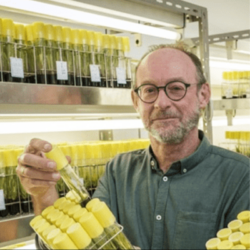
Bartholomeus Panis
Alliance of Bioversity International and CIAT

Rainer Vollmer
International Potato Center
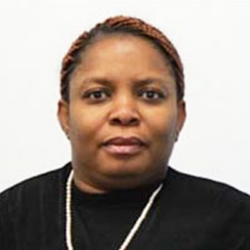
Esther Uchendu
International Insitute of Tropical Agriculture

Norma Manrique
Alliance of Bioversity International and CIAT

Alice Muchugi
CIFOR-ICRAF

David Ellis
CIP Emeritus
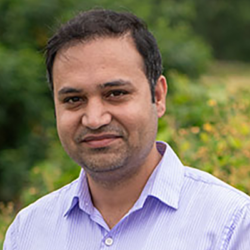
Ovais Peerzada
ICRISAT

Fiona Hay
Aarhus University
Welcome Remarks
Dr. Hugo Campos
The CIP Genebank – An Overview
Dr. Vania Azevedo
Genebank tour
Dr. Vania Azevedo
Introduction to Plant Cryopreservation
Dr. Bart Panis
CIP’s cryopreservation program
MSc. Rainer Vollmer
IITA’s cryopreservation program
Dr. Esther Uchendu
Bioversity’s cryopreservation program
Dr. Bart Panis
CIAT’s cryopreservation program
Dr. Norma Manrique
Group discussion – Challenges of each cryo-program
Break out groups (2) – Common Principles and Standards
- Selection and prioritization criteria for cryopreservation
- Minimum acceptable recovery rate and assessment criteria
- Viability testing over time
- Emergency / contingency plan for cryo-disasters
- QMS for cryopreservation
Hands-on presentation / Discussion (3 rotating groups)
- Preparation of materials
- Pre-cryo steps (in vitro)
- Shoot tip excision
Hands-on presentation / Discussion (3 rotating groups)
- Cryoprotection treatments (LS/PVS2)
- Cooling in LN
- Transitory storage of samples
The CIFOR-ICRAF genebank – An Overview
Dr. Alice Muchugi
The Genebank of the World Vegetable Center – An Overview Auditorium
Ms. Ching-nung Chiao
Break out groups (2) – Common Principles and Standards
- Control of contamination and process failures
- LN supply chain
- Safety backups
- Health & Safety in cryopreservation
A vision of the future of the CGIAR cryobanks
Dr. David Ellis
Hands-on presentation / Discussion (3 rotating groups)
- Rewarming of samples
- Recovery Cycle
- Assessment of recovery / Decision making
Hands-on presentation / Discussion (3 rotating groups)
- Preparation of solutions / culture media
- Final transfer of samples to cryobank
- Organization of cryobank / processing of safety copy
The ICRISAT genebank – An Overview
Dr. Ovais Peerzada
Hands-on presentation of slow cooling method
Dr. Bart Panis
Hands-on presentation of V-plate method
Dr. Esther Uchendu
Hands-on presentation of encapsulation method
Dr. Norma Manrique
Break out groups (2) – How will we reach the 60% target – Levelling and scaling up
- Process optimization
- Staff and capital requirements
- Funding
- Collaboration between centers
- Outsourcing of activities
Break out groups (2) – Future priorities for research on cryopreservation
- Difficult clonal crops (Annex 1 crops)
- New crops
- Recalcitrant, intermediate and orthodox seeds
- Pollen
- Cryotherapy
Break out groups (2) – Data information systems for cryobanks
- Database type / structure
- Key steps to record and track
- Automation of reports and KPIs
- QR codes, RFID tags, microfilms
Status quo and future of the conservation of seed crops
Dr. Fiona Hay
Output / objective setting for cryobanking (period 2025-30)
- Group discussion based on the results from an internal survey of the CGIAR cryopreservation working group
Capacity building and collaboration
Group discussion on:
- Training demand on cryopreservation
- Ring tests of protocols
- Collaborative research between CGIAR Centers
- Establishment of cross-cutting objectives/results
- Participation of external experts (universities, research institutes, etc.)
Organization of clonal CoP
Group discussion on:
- Rotating leadership
- Responsibilities / Functions
- Reporting
- Funding
Closing and Farewell


